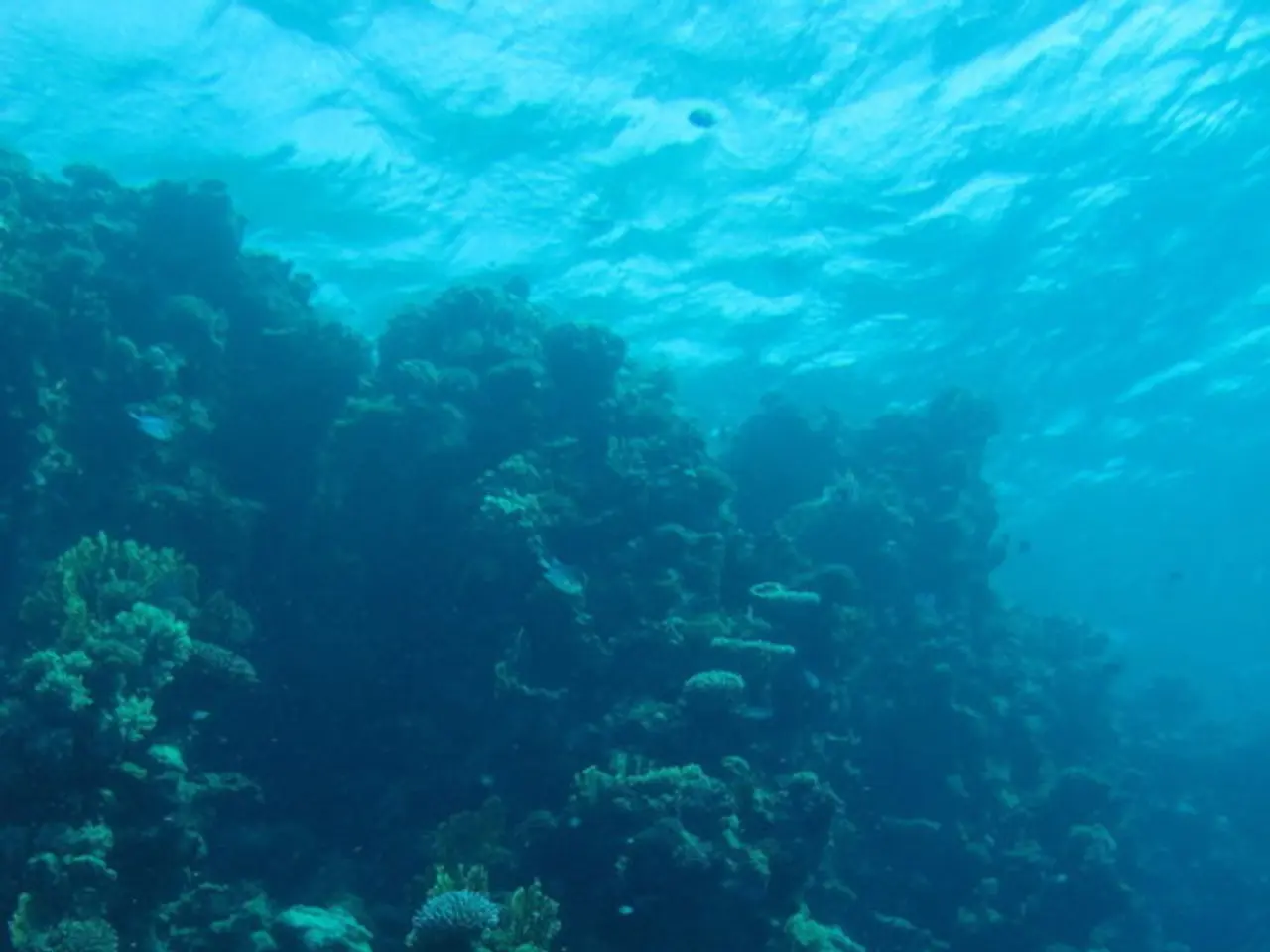Resistance of Science in the Face of a Pandemic
The Southern Ocean Carbon and Climate Observations and Modeling (SOCCOM) project, a vital initiative aimed at understanding the ocean's role in the climate system, has suffered a setback due to the cancellation of a research cruise to the South Atlantic. The decision was made amidst concerns about the COVID-19 pandemic.
Despite the cancellation, the project continues to gather valuable data thanks to the 150+ autonomous floating profiling biogeochemical floats it has deployed. These instruments, each named through SOCCOM's adopt-a-float program, are already reporting data on carbon dioxide, oxygen, biological productivity, and water properties in the Southern Ocean.
The floats are providing new insights into the critical functions of this ocean region, including its role as a carbon sink, its regulation of oxygen levels, its support of biological processes, and its influence on climate-related phenomena like polynya formation.
One such discovery is the uptake of carbon dioxide by the Southern Ocean, a crucial process that the SOCCOM floats are measuring to improve quantification of oceanic carbon fluxes and seasonal to interannual variability in CO2 absorption. This data is enhancing climate models' accuracy for carbon cycling.
Another significant find is the impact of warming and circulation changes on oxygen levels in the Southern Ocean. SOCCOM's data reveals patterns and trends that affect marine life and biogeochemical cycles.
By collecting data on bio-optical properties and nutrients, SOCCOM is also tracking phytoplankton blooms and productivity that underpin the marine ecosystem and carbon uptake dynamics.
Moreover, observations from SOCCOM are providing new understanding of how polynyas (areas of open water within sea ice) form, persist, and affect ocean-atmosphere exchanges of heat, moisture, and gases, influencing regional climate and sea ice dynamics.
Although the research cruise was cancelled, the captain of the R/V Ron Brown agreed to a slight detour to deploy six SOCCOM floats before the vessel was recalled to the U.S. by the National Oceanic and Atmospheric Administration.
Channing Prend, a graduate student in the laboratory of Scripps physical oceanographer Lynne Talley, felt a mix of emotions as he deployed the floats amidst news about shelter-in-place policies and exponential increases in the number of COVID-19 cases and deaths. Despite the circumstances, he felt proud about the science mission, not in spite of everything going on in the world, but because of it.
The unique dataset from the float array has increased spatial and temporal coverage of measurements in the Southern Ocean, transforming our understanding of this critical region's function in the global climate system and enabling better prediction of climate change impacts.
Despite the loss of data that would have helped quantify decades-long changes in the heat and carbon storage capacity of the deep ocean, the floats serve as a source of inspiration amidst the turmoil. Their journeys are being followed by the students who named them, contributing to scientific education and engagement during these challenging times.
This story is adapted from the SOCCOM at Sea blog.
The SOCCOM project, relying on data-and-cloud-computing and technology, continues to collect environmental-science data about the Southern Ocean even after the cancellation of a research cruise, using the 150+ autonomous floating profiling biogeochemical floats it has deployed. These instruments are significantly contributing to climate-change understanding by providing new insights into critical functions like carbon sinks, oxygen levels, biological processes, and climate-related phenomena.




